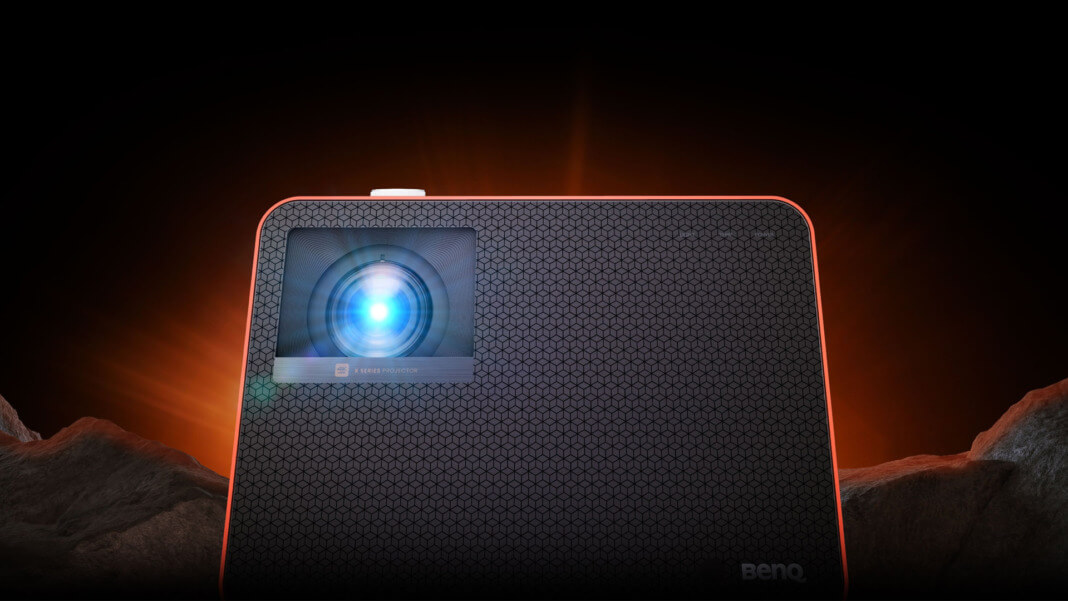John Mueller, a renowned Google Search Advocate, recently took to Reddit to share his expertise on enhancing website performance, mainly focusing on the nuances of boosting scores on Google’s PageSpeed Insights (PSI) tool.
A perplexed user turned to the platform after their efforts to compress images and videos substantially did not translate into the expected improvement in PSI scores. They reported a staggering 90% reduction in image sizes and 80% in videos, yet this did not affect PSI’s assessment of their site’s speed.
PSI provides a crucial free service by Google, evaluating web pages on their load times. It scrutinises various elements such as images, scripts, and code, rating them on a scale from 0 to 100. It also offers tailored recommendations to ramp up site performance.
Given that page speed is a critical factor for both search engine optimisation and user experience, scoring high on PSI is of great interest to website managers and developers.
Mueller provided several actionable tips to go beyond the usual tactic of image file size reduction.
Understanding PSI scores through testing
Mueller suggests starting with a simple test to pinpoint the impact of each website component. He proposes creating a noindex test page that isn’t shown in search results and experimenting with it by adding just one element at a time.
Mueller elaborates:
“What I usually do when I work on things like that is to simplify things on a noindex’ed test page as much as possible. Just include one of the elements that you’re worried about, and try things out there. That way, you can isolate specific changes and determine their individual effects, before you do everything together.”
This method allows you to see the actual performance impact of your optimisations before implementing them across your site.
If your test page does not mirror the scores of your live pages, Mueller indicates this as a sign of other factors at play beyond images and videos.
Streamlining your optimisation efforts
In instances where the combined page does not respond as expected, Mueller advises a different approach. He recommends duplicating the actual page, stripping it of the elements you’ve already optimised, and then honing in on enhancing the rest.
Mueller points out:
“If you find that the combined page doesn’t react the way your test pages did, then there are other things on that page which are the limiting factors, meaning your test pages didn’t fully reflect the actual page (in which case, make a copy of the actual page, remove the things you already optimised, and then try things out on the rest there).”
Evaluating the necessity of further improvements
Importantly, Mueller also hints at the possibility that your site’s scores might already be within acceptable bounds. He implies that if your page speed is “reasonable,” then extensive optimisation may not be needed.
Key points for site performance enhancement
Improving a website’s performance on Google’s PageSpeed Insights is a process that requires detailed testing and a great deal of patience. By isolating webpage elements and assessing their impact individually, you can apply changes more effectively across your site. With a strategic approach tailored to the unique aspects of your website, attaining and maintaining high PSI scores is within reach.





